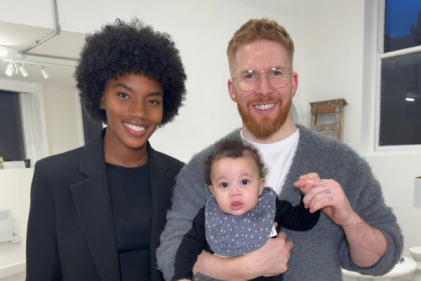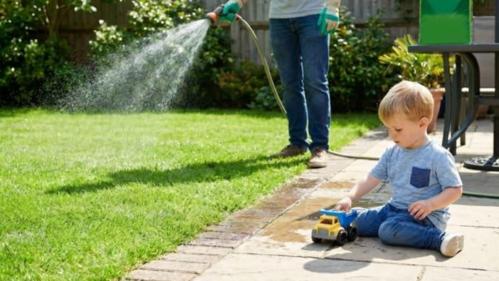Your toddler has already learnt to socialise – with you, their first playmate. You laughed with them, played with them, and had conversations with them, even before they could talk. They are now learning to interact with others, and as they grow, so will their experiences to socialise.
From 19 to 25 months, your toddler is unable to share things. He or she has no idea of how to take turns, and waiting to play with a toy until the other child has had a chance means absolutely nothing to him. They are also intimidated by unfamiliar people, so it is best to not try to push them into sitting on your friends lap, but rather to wait until he or she lets you know when they are ready to.
Between the ages of two and three, children become even more self-centered. But, by being around other children, they will get the idea of sharing and taking turns. From 31 to 36 months, your child is starting to form relationships with friends – real and imaginary, and is beginning to form relationships with others, besides you – this is something to be encouraged, as it will help him or her to become independent.
From 19 to 25 months, your toddler is unable to share things. He or she has no idea of how to take turns, and waiting to play with a toy until the other child has had a chance means absolutely nothing to him. They are also intimidated by unfamiliar people, so it is best to not try to push them into sitting on your friends lap, but rather to wait until he or she lets you know when they are ready to.
Between the ages of two and three, children become even more self-centered. But, by being around other children, they will get the idea of sharing and taking turns. From 31 to 36 months, your child is starting to form relationships with friends – real and imaginary, and is beginning to form relationships with others, besides you – this is something to be encouraged, as it will help him or her to become independent.





